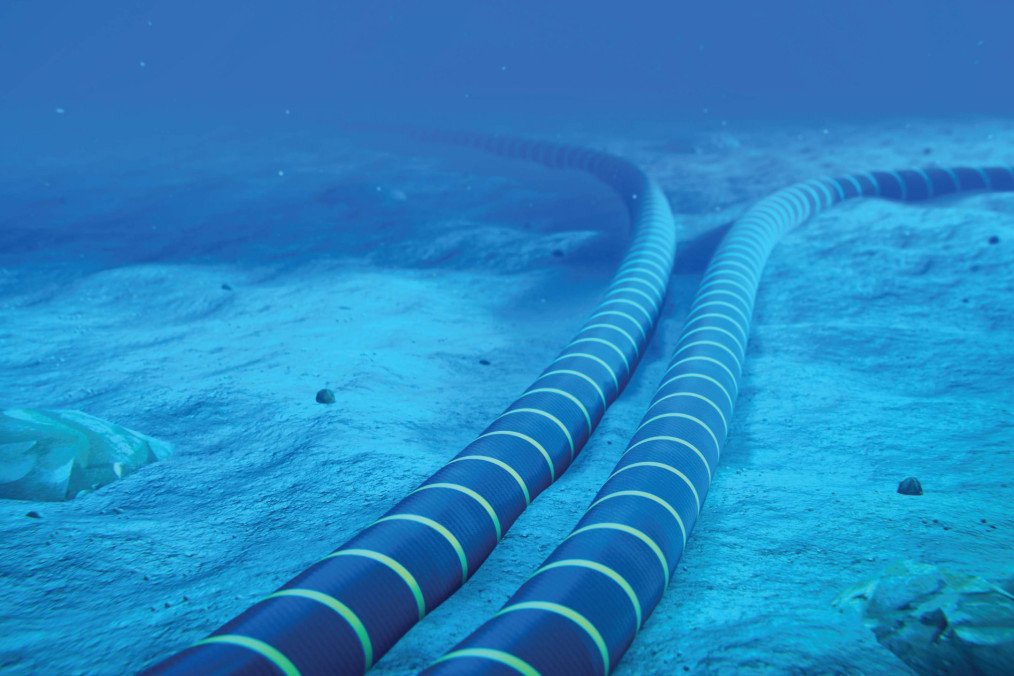- Category
- Latest news
Optical Fiber Cable Damaged Between Latvia and Sweden, Investigation Underway

On January 26, the undersea optical fiber cable operated by the Latvian State Radio and Television Center (LVRTC) was reported damaged in the Baltic Sea between Latvia and Sweden. The incident, likely caused by external factors, has prompted an ongoing investigation involving both Latvian authorities and NATO allies, including Sweden.
According to LVRTC, data transmission disruptions were detected in the Ventpils-Gotland section of the cable. Despite the damage, LVRTC continues to provide services using alternative routes. While some delays in data transfer may occur, the impact on end users in Latvia is minimal.
Vineta Sprugaine, head of corporate communications at LVRTC, stated that preliminary testing indicates significant damage, likely due to external impact. The exact nature of the damage will only be confirmed after repair operations begin. The cable lies at a depth exceeding 50 meters, complicating immediate assessment and repairs.
The Latvian Navy deployed a patrol vessel to the site to investigate possible involvement of ships in the area. The Maritime Operations Center analyzed vessel movements near the damaged section and identified two ships outside Latvia’s territorial waters and exclusive economic zone.
Latvia’s Naval Forces have contacted NATO allies, including Sweden, to facilitate information sharing regarding the incident. The exact cause of the damage remains unclear, but authorities are considering various scenarios.
This incident follows a similar case in November 2024, when undersea cables in the Baltic Sea were damaged. Investigations into both events are ongoing.
Latvia’s Prime Minister, Evika Siliņa, has convened relevant ministers and service leaders to coordinate the response and ensure that the necessary measures are taken.
Earlier, the European Union began developing a strategy to secure transatlantic undersea cables amid growing concerns over their vulnerability. Ireland, through which 75% of these cables pass, lacks sufficient naval resources to safeguard its vast Economic Exclusive Zone (EEZ). Recent incidents, including Russian naval activity near Ireland, have intensified these concerns, highlighting the need for coordinated EU efforts to protect critical infrastructure.


-72b63a4e0c8c475ad81fe3eed3f63729.jpeg)


